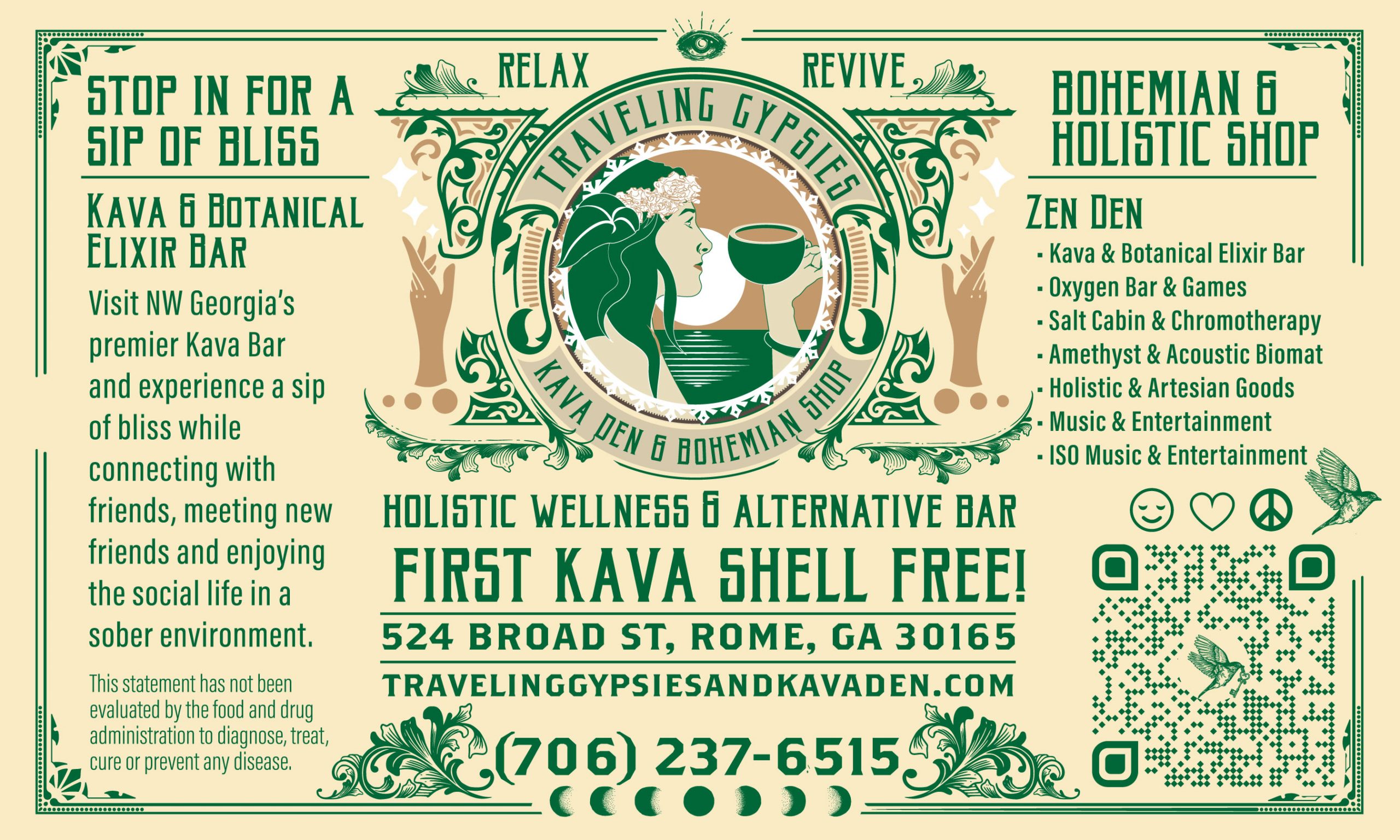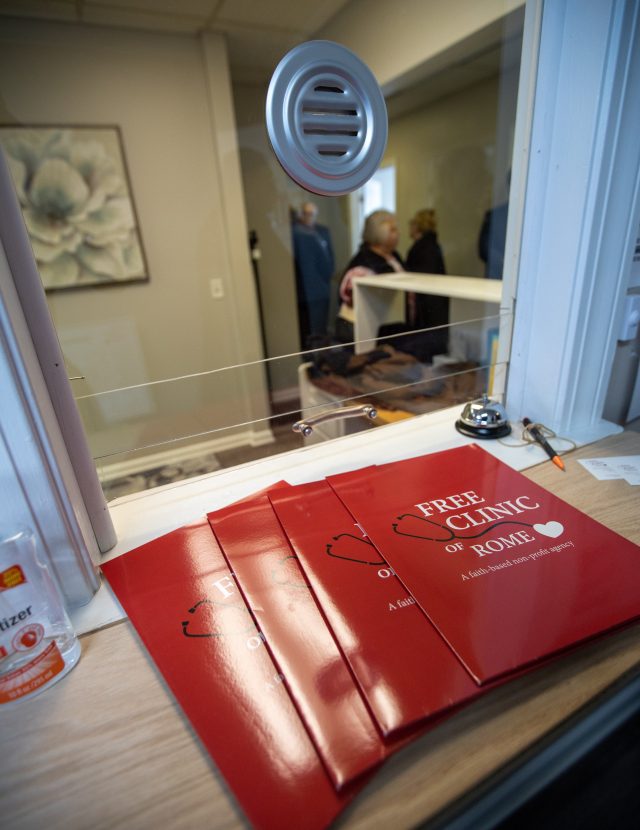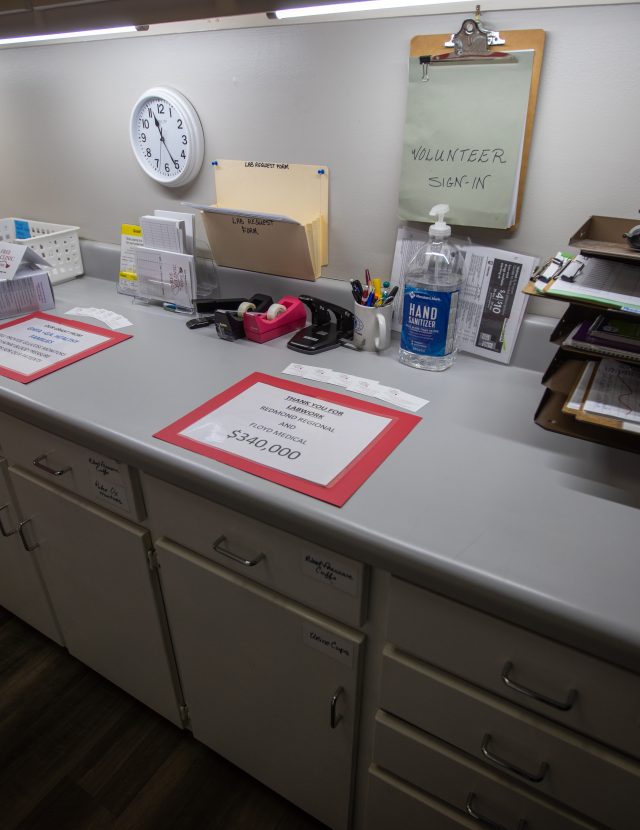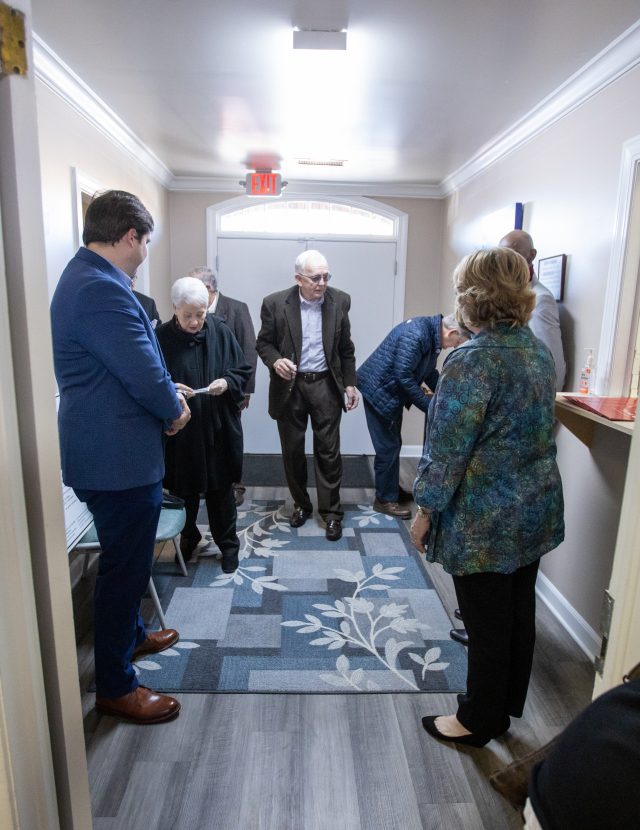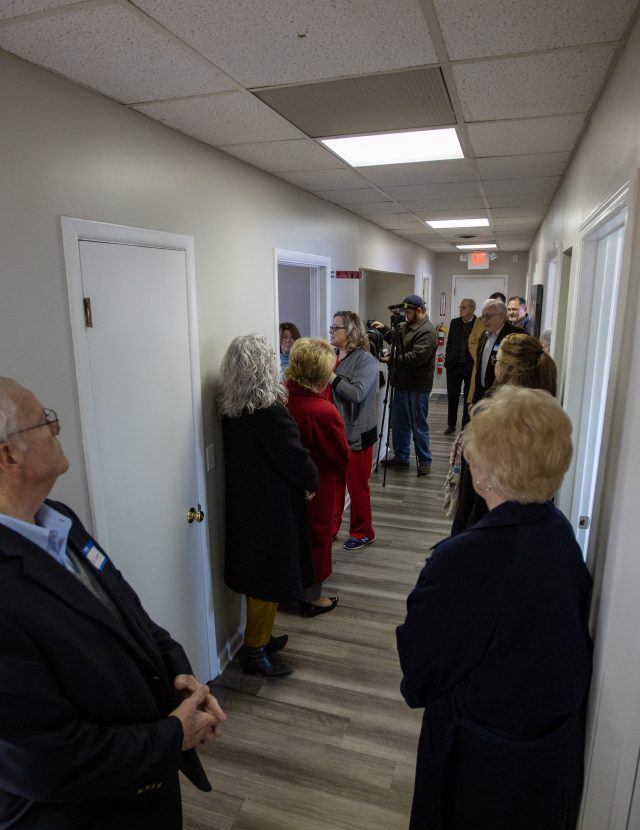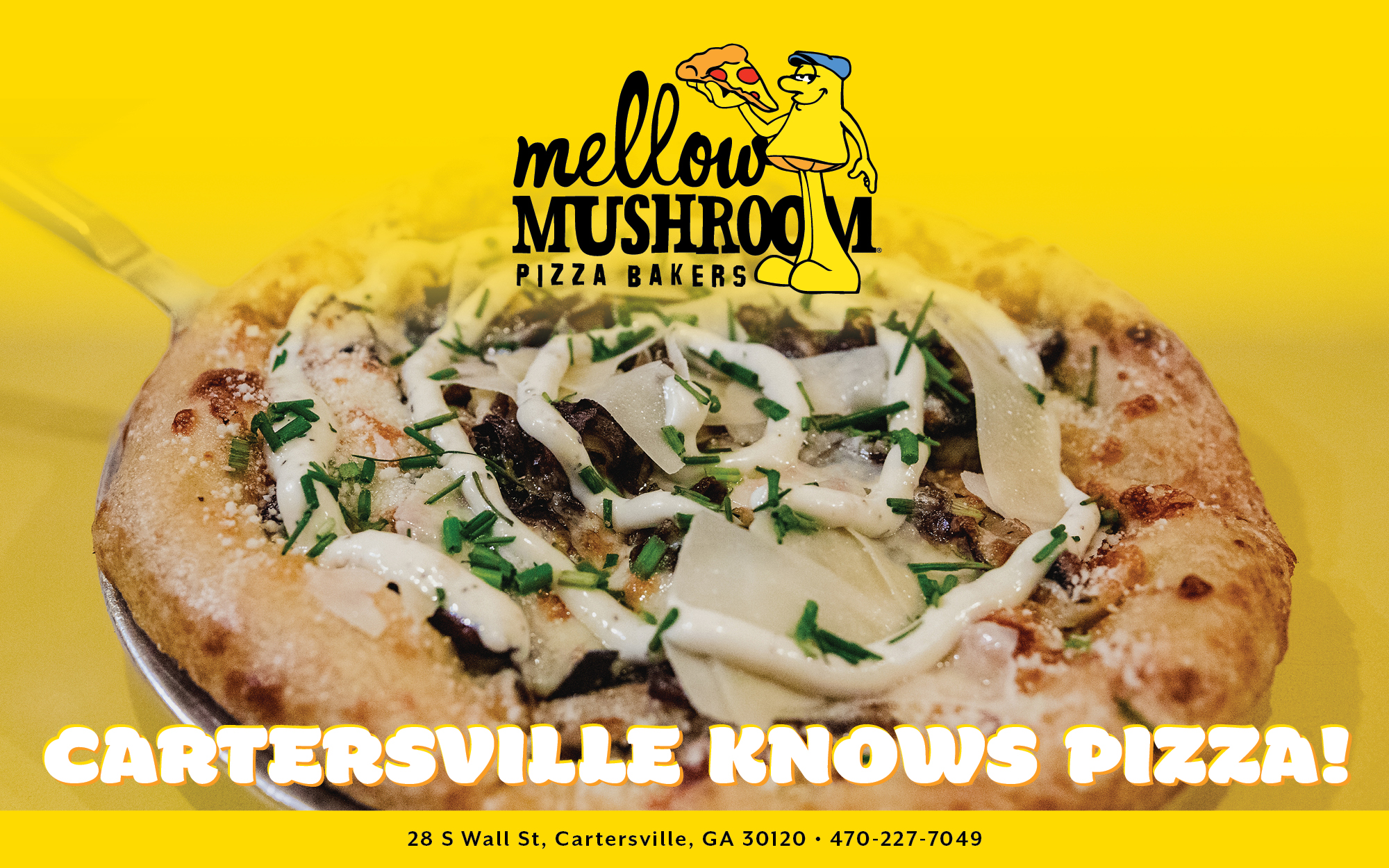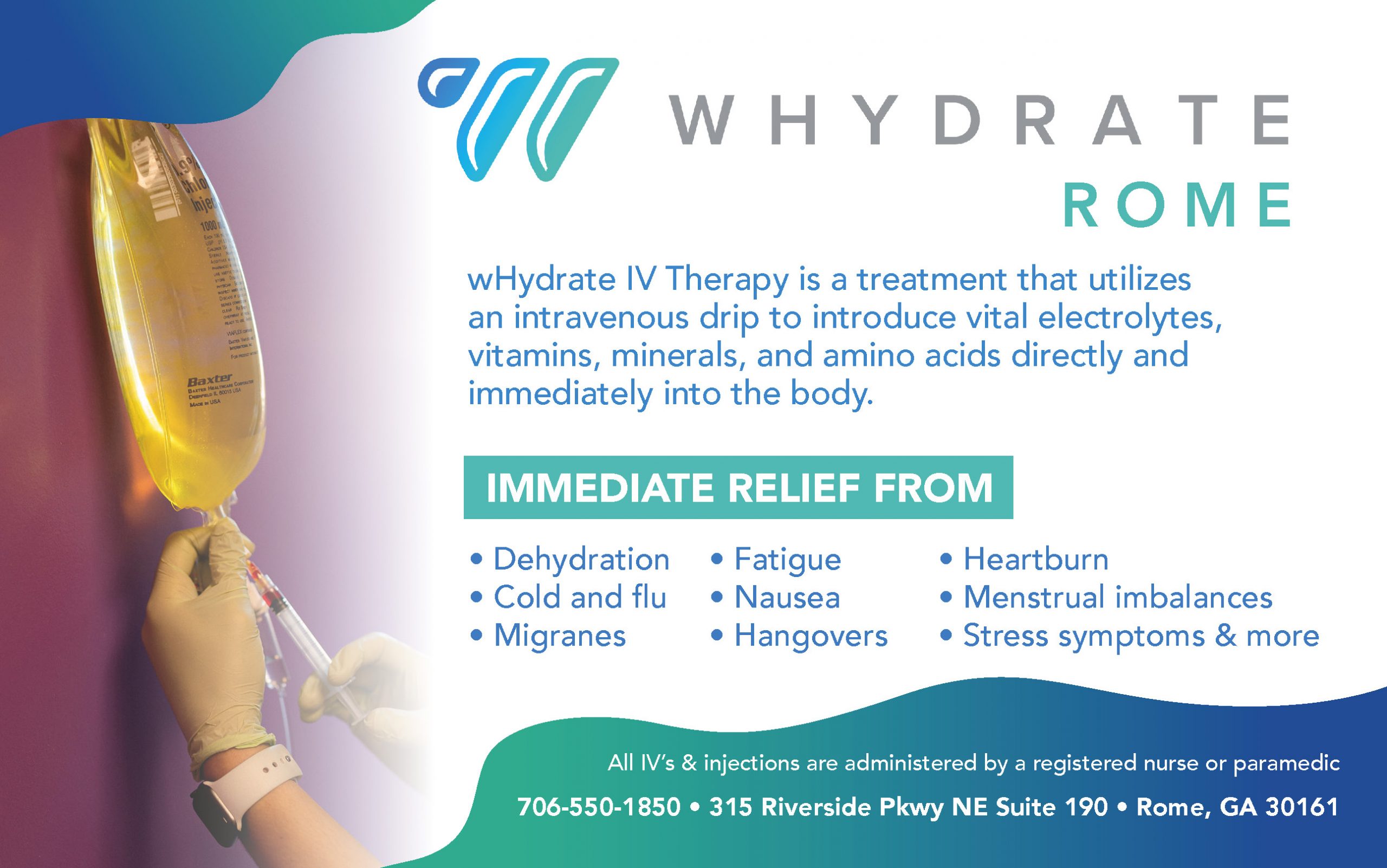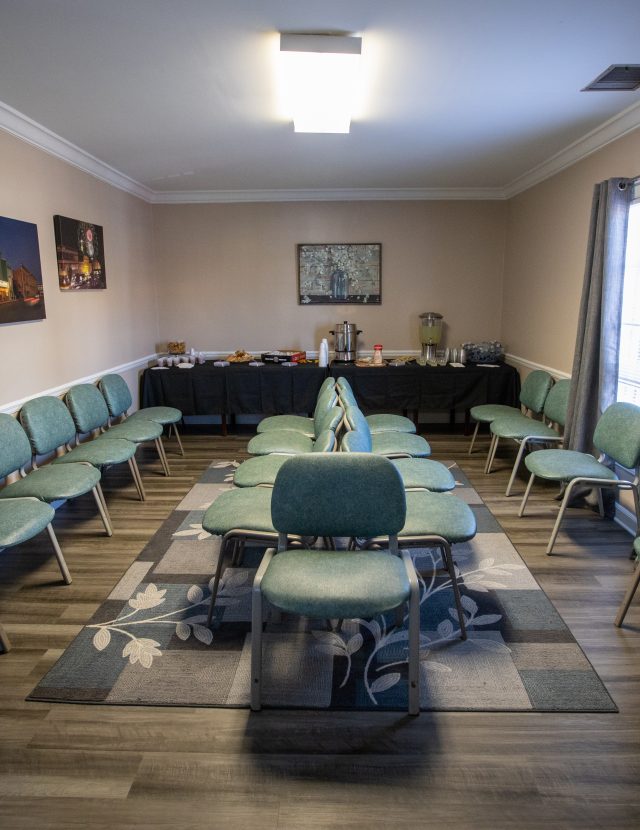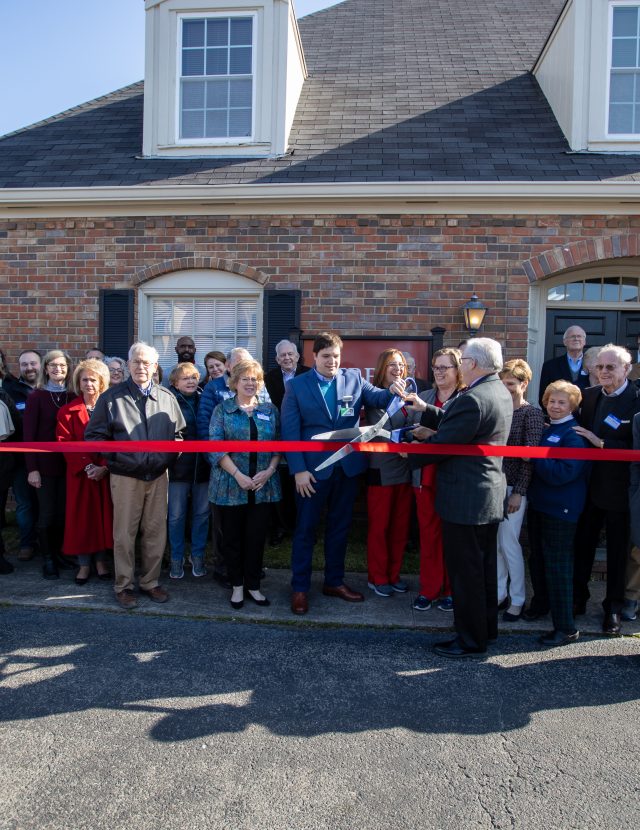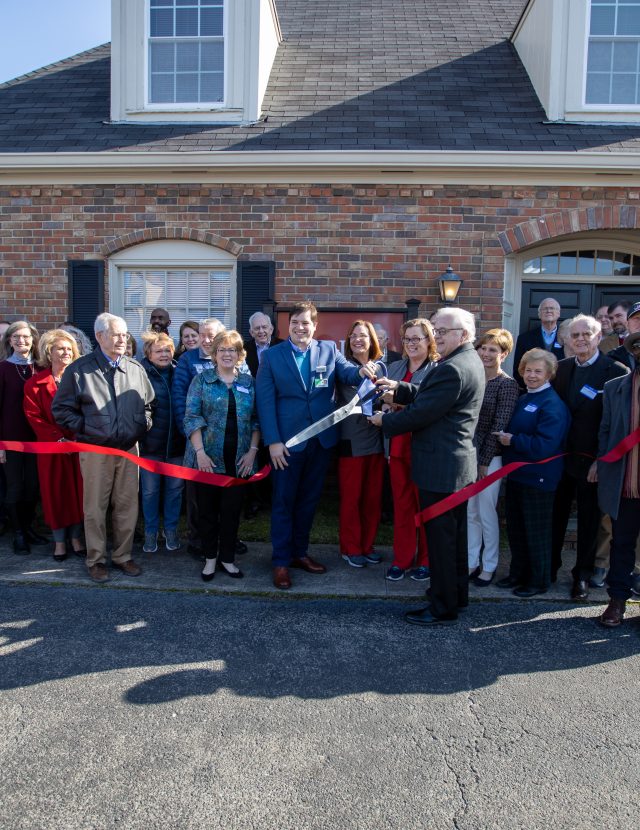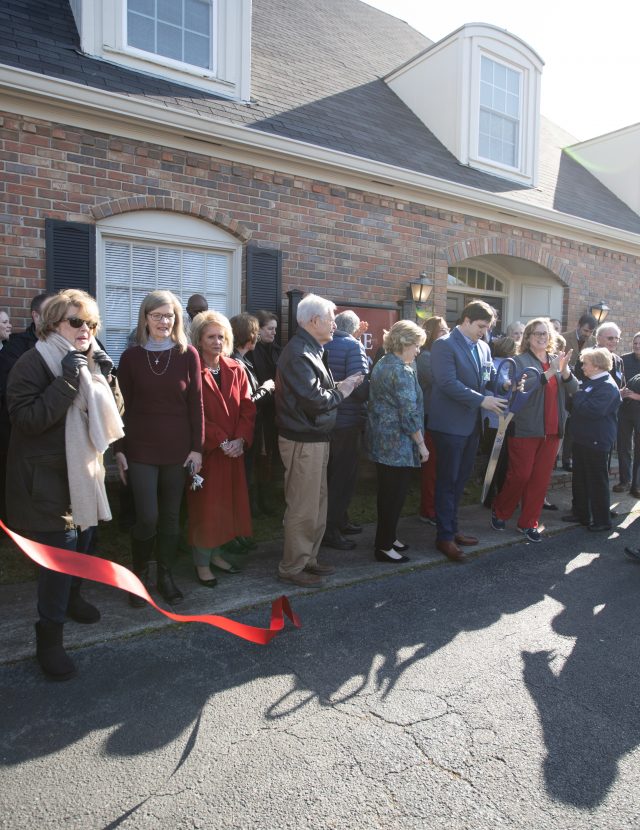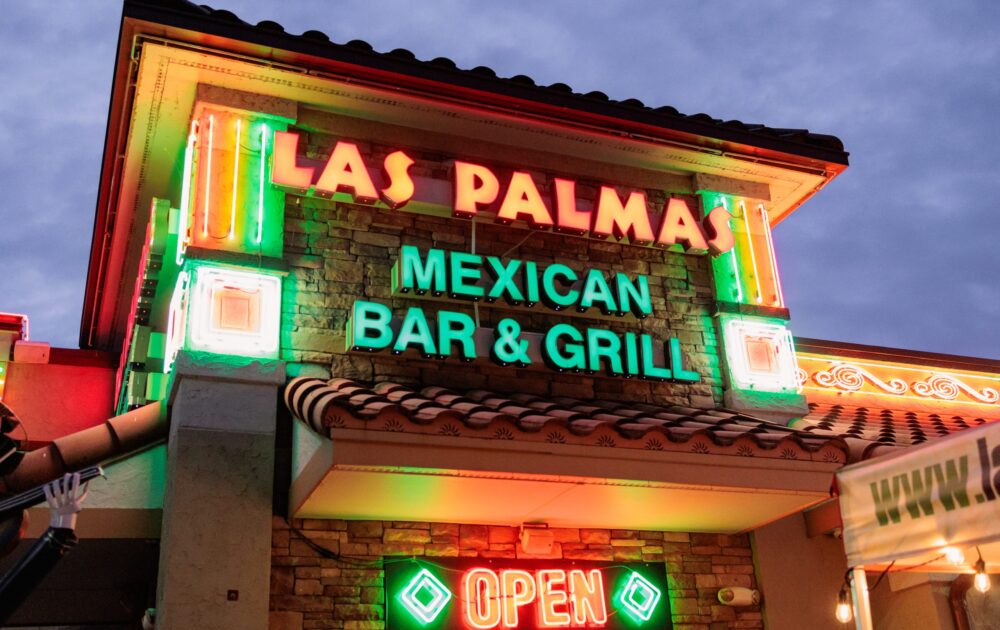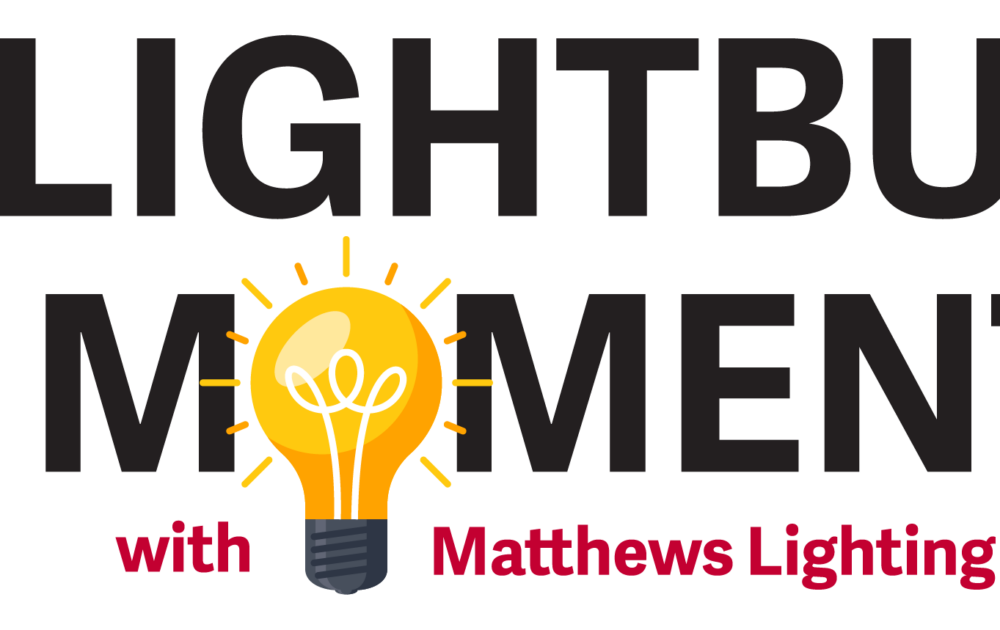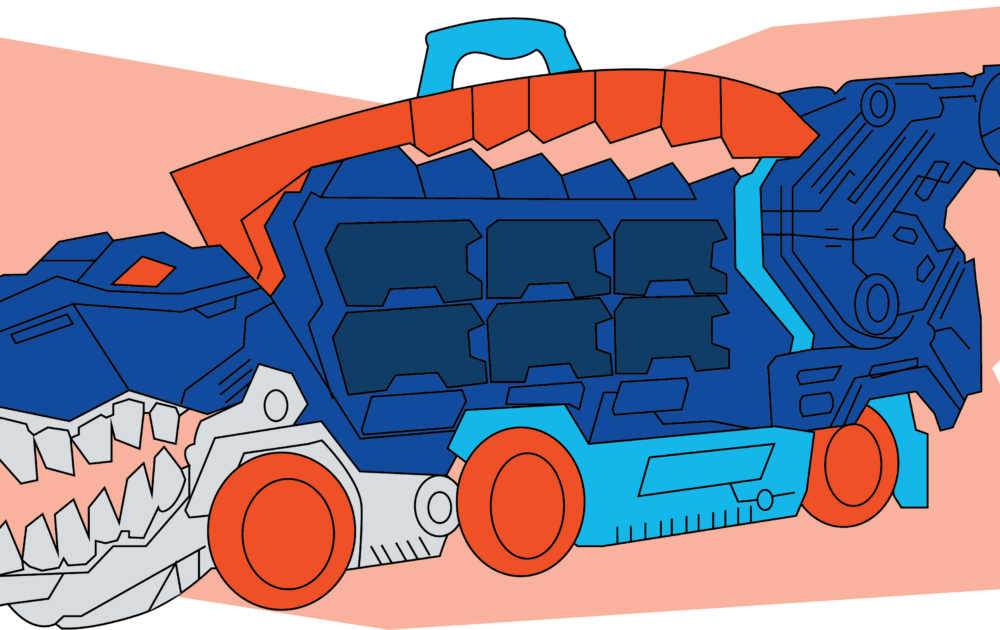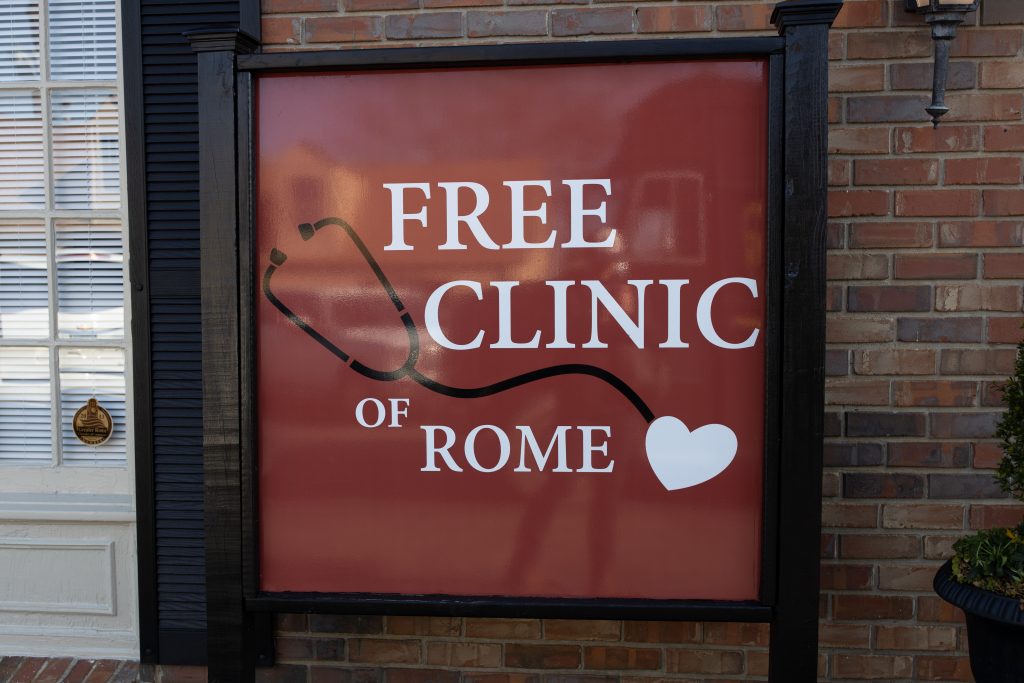
Photos Andy Calvert
For over 15 years The Free Clinic of Rome has been serving the medical needs of the uninsured and low income residents of the Greater Rome Area. The non-profit organization thrives thanks to its dedicated staff and countless volunteers by providing routine medical care to their patients so they can lead better quality lives, allowing them the opportunity to become more productive citizens.
V3 sat down with Free Clinic Executive Director and 29-year nursing veteran, Renee Blackburn to get her take from the front lines as she and her team continue to care for their patients during the COVID-19 pandemic.
V3: When did you first hear about the coronavirus concerning its impact on the U.S. and how did the Free Clinic start preparing to face it?
RB: In the beginning of February, I began to pay closer attention to what was going on in Wuhan and started mapping out an emergency preparedness plan for our clinic. That may sound early but preparedness is essential when you have patients who look to you for care, and the speed of global viral spread is truly as fast as our best modes of global transportation.
A few years ago, Ebola began as an epidemic in Nigeria, half a world away. The next thing we knew an Ebola patient was flown in to Emory in Atlanta. Twenty-four hours later my neighbor called to say that a family member was being transported to that same Emory hospital for care. There was no correlation of course, but just that fast, I realized that these horrific viruses can possibly be at our doorstep. It was a valuable lesson.
V3: What are some of the processes you have put in place to take care of your patients and what services have you been able to provide? Are there any you haven’t been able to provide?
RB: We began taking inventory of our PPE and acquiring more to create a cache immediately. If in doubt, as a healthcare provider protecting yourself should be priority.
At the beginning of March we begin screening our patients by phone upon arrival to the clinic. This lasted for two weeks. The next phase we had to move to was closing our doors to direct patient care and transitioning to tele-appointments. We have been converted to tele-appointments for two months now. This works only as a short-term fix for our patients and we can’t establish new patients this way. As of last week, we opened a tent clinic. We are reviewing new guidance now to plan our next steps.
V3: Please tell our readers about the tent services and how that has allowed you to safely treat your patients
RB: Last week, the Greater Rome Community Foundation helped fund our ability to open up a tent clinic. We were able to restart lab draws outside in the tent which has been invaluable. Doctors can prescribe medication refills by tele-appointment but they can’t effectively change dosages or treat if they don’t know certain lab values.
Our patients wait in their vehicle until we come and screen them, then they are given a mask (to keep) and come to the tent to have their labs drawn. Staff wears full PPE and supplies needed for each patient are individually packaged. The table and chairs are disinfected between each patient.
V3: What do you believe the new normal will be for our community and our country and when do you think that will arrive?
RB: I believe a heightened sense of contamination awareness in all that we do has become and will be the new normal. I believe from now on that some levels of PPE will become commonly used essentials of everyday life. I believe we will all find the level of protection that makes us feel comfortable and get settled in our individual grooves. High risk people will feel they need to be more astute, those that don’t feel the risk, will not. The challenge is the same as it is in all other aspects of society. Can we all live peaceably with each other’s choices? I believe we are all still hopeful for a vaccine that will totally eradicate the virus.
V3: How can people support the Free Clinic during this time and going forward?
RB: Free Clinic needs financial support to help meet the demand to take care of our neighbors. We know that the economic impact is going to leave hundreds in our community without jobs or insurance. We are going to be like toilet paper and hand sanitizer; the demand is about to far outweigh our supply. The best part about us is we have the ability to take one donated dollar and turn it into $10 worth of healthcare services thanks to our volunteer doctors and healthcare workers.
V3: What is the biggest positive you have seen during this pandemic?
RB: Outpourings of kindness. This community never shutters its doors and ignores its neighbors. Those who sew and donate masks have made it possible for us to hand them out to our patients. They can wear them here then take them to wear to protect themselves in public places. Our Community Foundation asked how the Free Clinic can help respond to this pandemic and within one week sent a check to help fund a tent clinic. We were able to set up within 72 hours and begin seeing patients. When others were complaining about their banks, our bank, River City led us step by step to help get our PPP application submitted correctly. Our volunteer doctors never complained when transitioning to tele-appointments and are ready for the next step whatever it may be. We have gotten some of the smallest donations we’ve ever received, but ten dimes make a dollar, and one dollar is ten dollars’ worth of healthcare services here. Receiving small checks has meant more to us during this time than receiving huge ones in the past because we know what a sacrifice it is in this economy. I have never been more honored to be part of this community.

